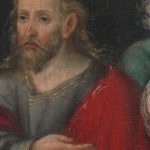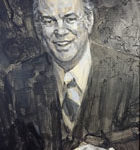
The difference between paradox and contradiction is, essentially: l) with paradox opposites seem faithful representation of facts, perhaps in different contexts; and, 2) with contradictions two conflicting ideas cannot both be true, perhaps neither. I affirm my desk is made of oak, and I state the fact. If my friend insists that it is constructed of maple, we are in contradiction. It cannot be maple if it is oak, or vice versa. Both cannot be true, but both of us may be wrong. It may be cherry wood – neither oak nor maple. There may be more than two sides to an argument. We are a bit too simplistic in our understanding of forensics, and that possibility becomes important in… Read more





